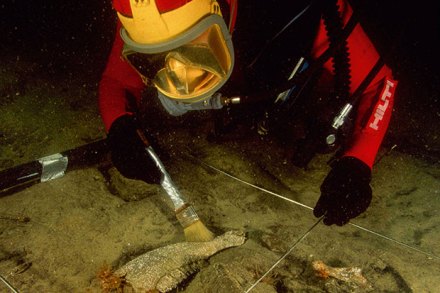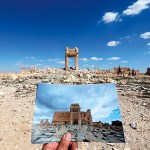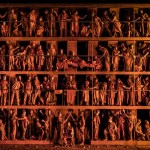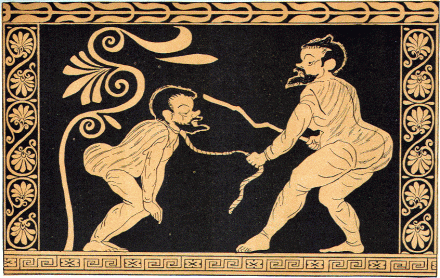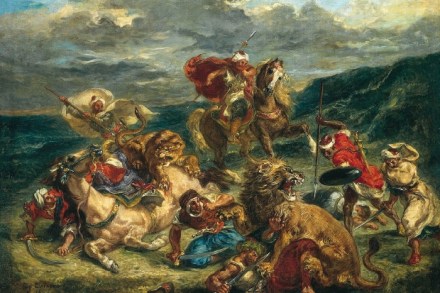Show business
Sport has never held much appeal for me, so I rarely venture into stadiums. But I do appreciate their peculiar power: I was present at the 2012 Paralympics when George Osborne ill-advisedly turned up to award a medal while engaged in a campaign against disability benefits, and was roundly booed by the entire stadium. It was a transporting lesson in the joy of crowds and the proudest I have ever felt to be British. The stadium, ostensibly a facilitator of mass spectatorship, is actually a machine for producing such feelings. The Greeks were explicit about the ritualistic, community-forming function of their games, but it was the Romans who secularised the



